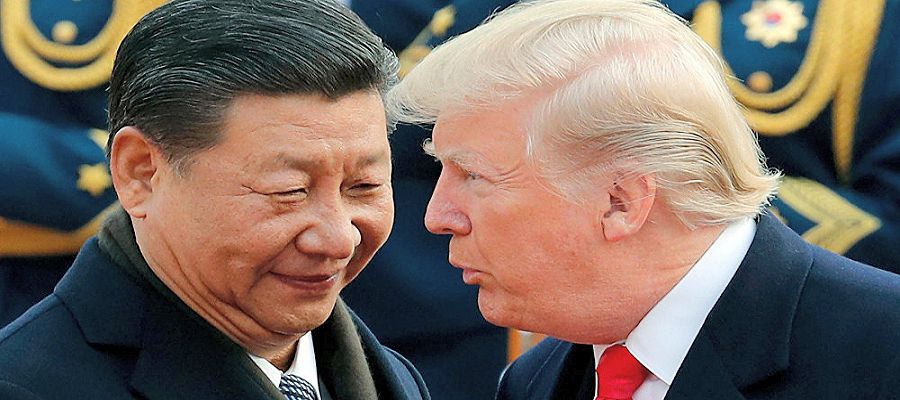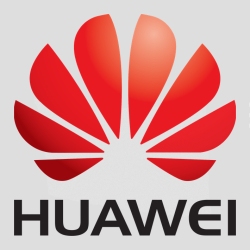SINO-AMERICAN COMMERCIAL WAR OR THE EMERGENCY STATE ON THE TECH |
|
|
"Economic and industrial espionage" In full trade tensions with Beijing, the US president has declared a "national emergency" to take this decree. Although not explicitly named in the decree, the White House targets China and Huawei in particular, thus avoiding "foreign opponents increasingly exploiting vulnerabilities in information technology services and infrastructures". communication in the United States ". The text thus makes it possible to take measures described as "national emergency" against "malicious acts favored by the Internet, including economic and industrial espionage".
The Chinese group has strongly retorted immediately denouncing "unreasonable restrictions [that] will infringe on Huawei's rights". Adding that to prevent the trade of its devices on US territory "will not make the United States safer or stronger" thus reducing the country to "substandard and still more expensive alternatives, leaving the United States lagging behind for the deployment of the 5G ". Huawei qualifies as "the unrivaled leader of the 5G", whose deployment on the US territory was totally written off by this agreement. This is one of the most severe measures taken by the Trump government against the rapidly expanding Chinese technology sector, particularly in emerging markets in Africa, Latin America and Asia. An essentially symbolic decree For the world leader in telecom equipment, the impact of this decree is however more symbolic than economic. Huawei, whose turnover reached 93.5 billion euros in 2018, makes most of its sales in Asia and Europe. The American continent accounts for only 6.6% of its annual result. But the Chinese giant, who intends to race in the lead on the 5G, has faced since November 2018 a wave of global suspicion on the security of its telecom equipment. Its president, Liang Hua, also defended again Tuesday, May 16 against the espionage charges during a trip to London and, said he was ready to sign "non-espionage" agreements with governments. |
|
| Emily Jackson for DayNewsWorld | |
 |
|





